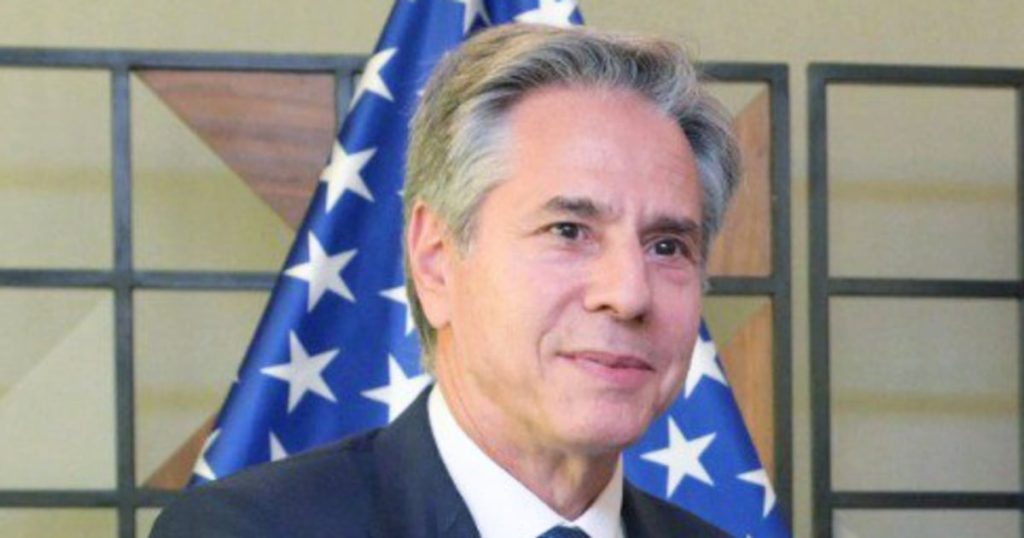Israeli leaders assured Secretary of State Antony Blinken that it is not their policy to isolate northern Gaza, despite the United Nations reporting that requests to deliver humanitarian aid to the area have been denied. The U.N. highlighted the urgent need for supplies like blood, medications, food, and fuel to be delivered to hospitals and water facilities. Blinken made it clear that increasing humanitarian aid to Gaza was a key topic of discussion during his meetings with Israeli officials, and that the U.S. is closely monitoring the situation.
In response to a letter from Blinken and Secretary of Defense Lloyd Austin, Israel has been given 30 days to increase basic humanitarian aid to Gaza or face potential restrictions on U.S. military assistance as mandated by U.S. law. Israeli officials outlined the steps they have taken in response to the letter, but Blinken expressed that the progress made so far is not sufficient. While some trucks carrying aid did enter Gaza, it remains unclear how much assistance actually reached the population.
Israel assured Blinken that they are taking the commitments made in response to the Biden administration’s letter seriously and are working to implement concrete actions. However, Blinken emphasized that it is the results of these efforts that matter most. The U.S. expects to see continued action and progress in providing humanitarian aid to Gaza within the 30-day timeframe. The Israeli Prime Minister’s office did not mention humanitarian assistance in the readout issued after the meeting with Blinken.
The issue of providing humanitarian aid to Gaza has become a major point of contention between Israel and the U.S., with the U.N. also expressing concern over the lack of access for essential supplies to reach the population in Gaza. Israeli officials acknowledged the level of U.S. concern regarding the situation and pledged to do everything possible to comply with the requirements outlined in the letter from Blinken and Austin. It is crucial for the humanitarian needs of the people in Gaza to be met promptly and effectively.
As the U.S. continues to push for increased humanitarian assistance to Gaza, the Israeli government is under pressure to demonstrate tangible progress in providing essential supplies to the population. Blinken reiterated the importance of concrete actions being taken by Israel to address the urgent humanitarian needs in Gaza, emphasizing that results must be seen within the specified timeframe. The U.S. remains committed to working with Israel to ensure that adequate humanitarian aid reaches Gaza in a timely manner, despite the challenges and obstacles that may arise in the process.
The situation in Gaza highlights the complex dynamics at play in the Israeli-Palestinian conflict, with humanitarian concerns serving as a critical point of focus for international diplomacy efforts. The U.N. and the U.S. are actively engaged in advocating for increased assistance to Gaza, while Israel faces mounting pressure to meet the demands outlined in the letter from Blinken and Austin. The outcome of these discussions and actions taken by all parties involved will have a significant impact on the well-being of the population in Gaza and the broader efforts to address the ongoing humanitarian crisis in the region.


